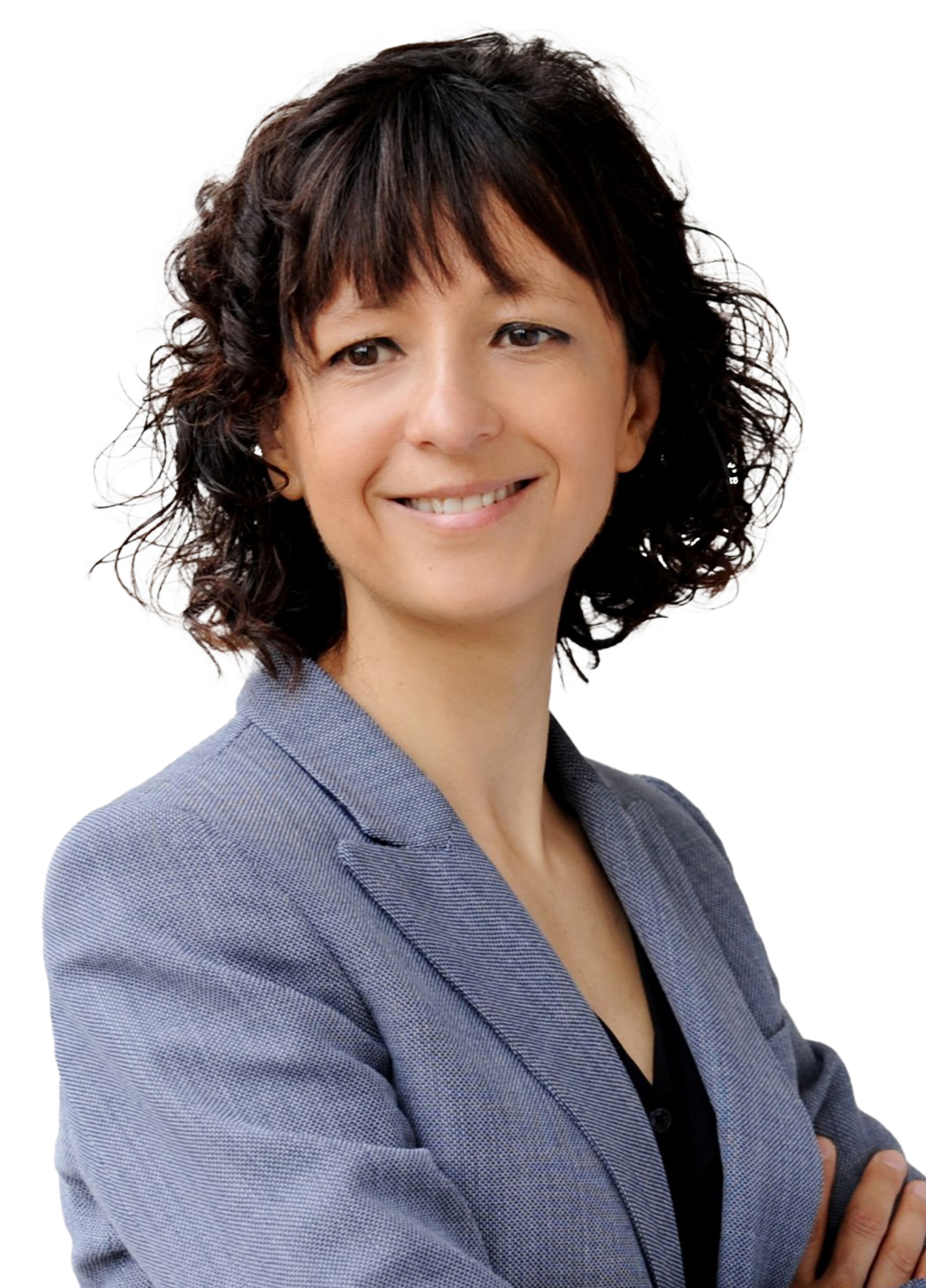THE SIR ARTHUR CLARKE LIFETIME ACHIEVEMENT AWARDEE
EMMANUELLE CHARPENTIER
Microbiologist, Geneticist and Biochemist and Nobel Prize winner for her co-discovering the revolutionary gene-editing technology known as
CRISPR-Cas9 enabling the new approaches to treating genetic diseases.
Emmanuelle Charpentierstudied biochemistry, microbiology and genetics at the University Pierre and Marie Curie (now Sorbonne University), Paris, France (1986-1992) and obtained her Ph.D. in microbiology for her research performed at the Pasteur Institute, Paris, France (1992-1995). She then pursued her scientific career in the United States, at The Rockefeller University (1996-1997), New York University Medical Center (now NYU Langone Health) (1997-1999) and the Skirball Institute of Biomolecular Medicine (1999-2002) (all in New York City, NY) and at St. Jude Children’s Research Hospital (in Memphis, TN) (1999). Emmanuelle returned to Europe to establish her own research group as a guest and then assistant professor (2002-2005) at the Institute of Microbiology and Genetics and as an associate professor (2006-2009) at the Max F. Perutz Laboratories (now Max Perutz Labs) at the University of Vienna in Austria, where she habilitated in the field of microbiology.
In 2009, she was appointed as associate professor at The Laboratory for Molecular Infection Medicine Sweden (MIMS, part of Nordic European Molecular Biology Laboratory (EMBL) Partnership for Molecular Medicine) at UmeåUniversity in Sweden (2009-2013), where she habilitated in the field of medical microbiology and served as a visiting professor (2013-2017).
In 2013, Emmanuelle was appointed as the founder and head of the Department of Regulation in Infection Biology at the Helmholtz Centre for Infection Research, Braunschweig and as a full professor at the Medical School of Hannover in Germany. She was awarded an Alexander von Humboldt professorship, which she held in 2014 and 2015. In 2015, Emmanuelle was appointed scientific member of the Max Planck Society. From 2015 to 2017, Emmanuelle founded, was scientific director and head of the Department of Regulation in Infection Biology at the Max Planck Institute for Infection Biology in Berlin, Germany. Since 2016, Emmanuelle has been an honorary professor at Humboldt University. In 2018, she founded the Max Planck Unit for the Science of Pathogens (MPUSP), an independent institute affiliated with the Max Planck Society where she serves as both scientific and managing director. Since 2021, she has also been the head of administration of MPUSP.

Emmanuelle is recognized as a world expert in the regulatory mechanisms underlying the infection and immune processes of bacteria that cause disease in humans. Her laboratory’s work has led to several fundamental discoveries and a better understanding of the molecular pathways that regulate antibiotic resistance and virulence in bacterial pathogens. Through her pioneering and groundbreaking work in the field of CRISPR-Cas9-based RNA regulation, mainly in the human pathogen Streptococcus pyogenes, she has laid the foundation for the development of the highly versatile and specific CRISPR genome editing and engineering technology. This technology is transforming and revolutionizing life science research, opening up new possibilities in biotechnology and biomedical gene research, with considerable societal impact. The field of CRISPR-Cas continues to develop at lightning speed, with new and exciting advances almost every week.
Emmanuelle is inventor and co-owner of the core intellectual property of the CRISPR-Cas9 technology. Together with Rodger Novak and Shaun Foy, she co-founded CRISPR Therapeutics and ERS Genomics, to develop the CRISPR-Cas gene editing technology for biotechnological and biomedical applications.

For her and her team’s contribution to the discovery of CRISPR-Cas9, Emmanuelle has received numerous international distinctions, including decorations, honours, prizes, awards and honorary doctorates from Europe, Asia and North America, as well as elected memberships of national and international scientific academies. Her most prestigious awards include the Nobel Prize in Chemistry, the Japan Prize, the Kavli Prize in Nanoscience, the Wolf Prize, the Tang Prize for Biopharmaceutical Science, the Breakthrough Prize in Life Sciences, the Canada Gairdner International Prize and the Massry Prize. She has also received the L’Oréal-UNESCO Award for Women in Science.
CRISPR-Cas9 has rapidly moved from a specialized area of scientific research to a major topic in world affairs. Emmanuelle and her scientific contributions have been featured in numerous journals and magazines, including recognition byOOOM(2017, 2018, 2019, 2020, 2022, 2023, 2024, 2025),Forbes(Europe’s Top 50 Women in Tech 2018, World’s Top 50 Women in Tech 2018, 50 over 50 EMEA 2022),TIMEmagazine (2016 short list for Person of the Year and 2015 list of the 100 Most Influential People in the World),Global Leaders Today(Global 100 Inspirational Leaders 2022),Vanity Fair(2014, 2015, 2018 lists of the 50 most influential French people, 2016 list of The New Establishment),Foreign Policy(2014 list of 100 Leading Global Thinkers).
Official title: Prof. Dr. Drs. h.c. Emmanuelle Charpentier, ForMemRS
More information about Emmanuelle is available at www.emmanuelle-charpentier.org.
Image 1, 2m 3 credit: Hallbauer & Fioretti

